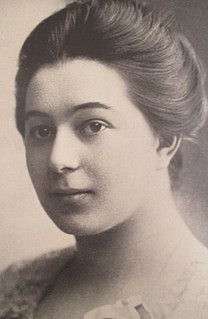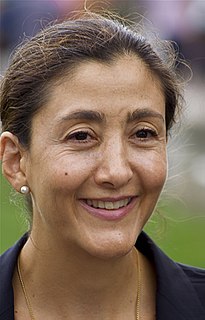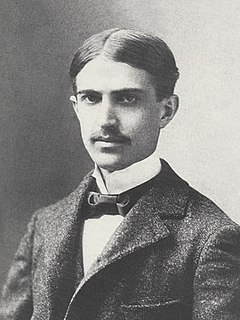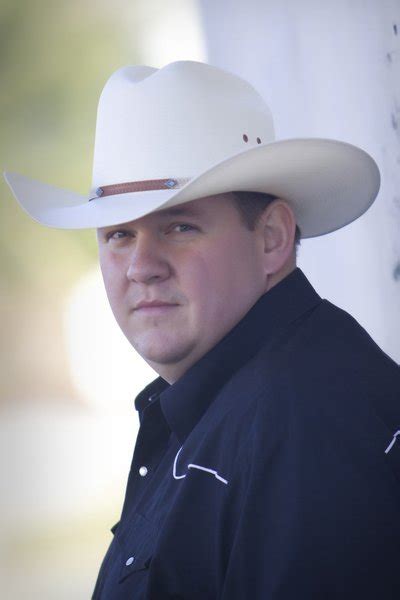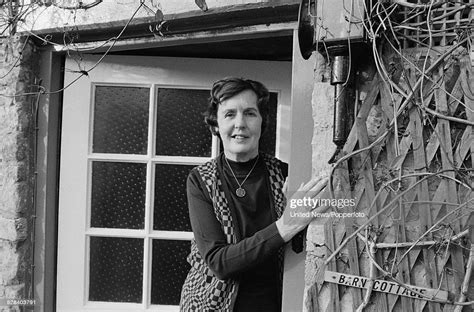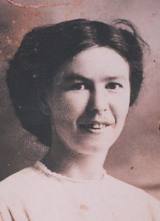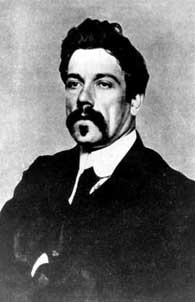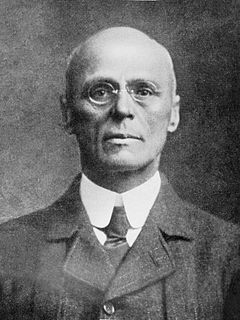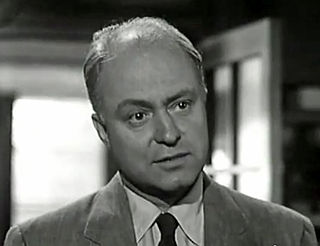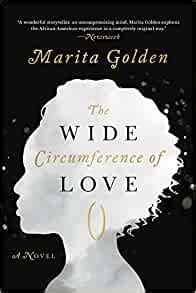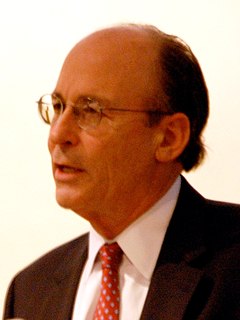Top 186 Peasants Quotes & Sayings - Page 3
Explore popular Peasants quotes.
Last updated on April 20, 2025.
About 1911 I had the idea of making for my son, who had just been born, a blanket composed of bits of fabric like those I had seen in the houses of Russian peasants. When it was finished, the arrangement of the pieces of material seemed to me to evoke cubist conceptions and we then tried to apply the same process to other objects and paintings.
In verity we are the poor. This humanity we would claim for ourselves is the legacy, not only of the Enlightenment, but of the thousands and thousands of European peasants and poor townspeople who came here bringing their humanity and their sufferings with them. It is the absence of a stable upper class that is responsible for much of the vulgarity of the American scene. Should we blush before the visitor for this deficiency?
The peasants have seen the future - Greece and France - and concluded that it does not work. Hence their opposition to Obama's proudly transformational New Foundation agenda. Their logic is impeccable: Only the most blinkered intellectual could be attempting to introduce social democracy to America precisely when the world's foremost exemplar of that model - Europe - is in chaotic meltdown.
There is something in human history like retribution; and it is a rule of historical retribution that its instrument be forged not by the offended, but by the offender himself. The first blow dealt to the French monarchy proceeded from the nobility, not from the peasants. The Indian revolt does not commence with the ryots, tortured, dishonoured and stripped naked by the British, but with the sepoys, clad, fed and petted, fatted and pampered by them.
I was being brought up on peasant stories; my mother came from Europe and she'd been a peasant and that was the area where the Frankensteins and the Draculas came from and it was entertainment for the people. Nobody had TV, and that was the way peasants would entertain themselves, by telling these stories.
If you're a leader, you don't push wet spaghetti, you pull it. The U.S. Army still has to learn that. The British understand it. Patton understood it. I always admired Patton. Oh, sure, the stupid bastard was crazy. He was insane. He thought he was living in the Dark Ages. Soldiers were peasants to him. I didn't like that attitude, but I certainly respected his theories and the techniques he used to get his men out of their foxholes.
Those of us who write and study history are accustomed to its approximations and ambiguities. This is why we do not take literally the tenth-hand reports of frightened and illiterate peasants who claim to have seen miracles or to have had encounters with messiahs and prophets and redeemers who were, like them, mere humans. And this is also why we will never submit to dictation from those who display a fanatical belief in certainty and revelation.
We can all instinctively understand the idea of life insurance; most of us will feel an instinctive repugnance at the thought of the viatical industry, or 'dead peasants insurance.' As market thinking penetrated the life insurance industry, a moral line was crossed, and the application of market ideas was taken too far.
I should consent to breed under pressure, if I were convinced in any way of the reasonableness of reproducing the species. But my nerves and the nerves of any woman I could live with three months, would produce only a victim... lacking in impulse, a mere bundle of discriminations. If I were wealthy I might subsidize a stud of young peasants, or a tribal group in Tahiti.
These stupid peasants, who, throughout the world, hold potentates on their thrones, make statesmen illustrious, provide generals with lasting victories, all with ignorance, indifference, or half-witted hatred, moving the world with the strength of their arms, and getting their heads knocked together in the name of God, the king, or the stock exchange-immortal, dreaming, hopeless asses, who surrender their reason to the care of a shining puppet, and persuade some toy to carry their lives in his purse.
The mellow autumn came, and with it came The promised party, to enjoy its sweets. The corn is cut, the manor full of game; The pointer ranges, and the sportsman beats In russet jacket;--lynx-like is his aim; Full grows his bag, and wonderful his feats. An, nutbrown partridges! An, brilliant pheasants! And ah, ye poachers!--'Tis no sport for peasants.
Commerce has set the mark of selfishness, the signet of its all-enslaving power, upon a shining ore, and called it gold: before whose image bow the vulgar great, the vainly rich, the miserable proud, the mob of peasants, nobles, priests, and kings, and with blind feelings reverence the power that grinds them to the dust of misery.
There has to be spiritual transformation among the masses, who have to be willing to recognize that their oppression is not a law of nature. That's what Latin American bishops were doing when they formed base communities. They were trying to get peasants to recognize that you can take your fate into your own hands. That's what the civil-rights movement did here. That's what the women's movement did.
Suppose that humans happen to be so constructed that they desire the opportunity for freely undertaken productive work. Suppose that they want to be free from the meddling of technocrats and commissars, bankers and tycoons, mad bombers who engage in psychological tests of will with peasants defending their homes, behavioral scientists who can't tell a pigeon from a poet, or anyone else who tries to wish freedom and dignity out of existence or beat them into oblivion.
Dispossessed peasants slash-and-burn their way into the rain forests of Latin America, hungry nomads turn their herds out into fragile African rangeland, reducing it to desert, and small farmers in India and the Philippines cultivate steep slopes, exposing them to the erosive powers of rain. Perhaps half the world's billion-plus absolute poor are caught in a downward spiral of ecological and economic impoverishment. In desperation, they knowingly abuse the land, salvaging the present by savaging the future.
Every night I get many letters, and after every talk I get many questions from people who say, "I want to change things. What can I do?" I never hear these questions from peasants in southern Colombia or Kurds in southeastern Turkey under miserable repression or anybody who is suffering. They don't ask what they can do; they tell you what they're doing.
The whole point of anti-Semitism has been to create a vulnerable buffer group that can be bribed with some privileges into managing the exploitation of others, and then, when social pressure builds, be blamed and scapegoated, distracting those at the bottom from the crimes of those at the top. Peasants who go on pogrom against their Jewish neighbors won't make it to the nobleman's palace to burn him out and seize the fields. This was the role of Jews in Europe. This has been the role of Jews in the United States, and this is the role of Jews in the Middle East.
And it is clear that in the colonial countries the peasants alone are revolutionary, for they have nothing to lose and everything to gain. The starving peasant, outside the class system is the first among the exploited to discover that only violence pays. For him there is no compromise, no possible coming to terms; colonization and decolonization a simply a question of relative strength.
If the peasants are in open rebellion, then they are outside the law of God. Therefore let all who are able slash, strike down, and kill (those who rebel) openly and secretly, remembering that there can be nothing more venomous, harmful, or devilish than a rebel. It is exactly like killing a mad dog.
I still believe that workers must be the basic force which must organize and eventually transform society (along with peasants in poor countries). This is because they are the source of the profits which make capitalism what it is. They can shut the system down, and at the same time they possess the unique knowledge needed to make it work in everyone's interests.
I did not set out to be beloved and just, only strong." 'A King can be better than that," the Prince insisted. "And so we all begin, determined to better our fathers' performances, knowing we can change the very nature of humanity, make it better, cleaner. But then daggers strike in the night, and peasants revolt, and all manner of atrocities become a necessity as breakfast. Only Princes believe in the greater good. Kings know there is only Reign, and all things may be committed in its holy name.
When an apprentice gets hurt, or complains of being tired, the workmen and peasants have this fine expression: "It is the trade entering his body." Each time that we have some pain to go through, we can say to ourselves quite truly that it is the universe, the order and beauty of the world, and the obedience of God that are entering our body.
The crime of liberation theology was that it takes the Gospels seriously. That's unacceptable. The Gospels are radical pacifist material, if you take a look at them . . . Liberation theology, in Brazil particularly, brought the actual Gospel to peasants. They said, let's read what the Gospels say, and try to act on the principles they describe. That was the major crime that set off the Reagan wars of terror.
The sacrifice to Legba was completed; the Master of the Crossroads had taken the loas' mysterious routes back to his native Guinea.
Meanwhile, the feast continued. The peasants were forgetting their misery: dance and alcohol numbed them, carrying away their shipwrecked conscience in the unreal and shady regions where the savage madness of the African gods lay waiting.
Who are we? And for what are we going to fight? Are we the titled slaves of George the Third? The military conscripts of Napoleon the Great? Or the frozen peasants of the Russian Czar? No -- we are the free born sons of America; the citizens of the only republic now existing in the world; and the only people on earth who possess rights, liberties, and property which they dare call their own.
If this government can send 20 billion dollars to Latin America to some peasants who have never fought for this country or worked for this country or have - or - and is sending hundreds of millions of dollars to Africa and Asia to try and buy friendship of people who will never be friendly toward them, then they should be even more quick to spend some - whatever amount of money is necessary to get inside of their house straight, before it's too late.
With time environmental issues got much more complicated. It is pretty easy, if you know what you are doing, to stop a company from pouring poison into a lake where kids swim. It is much harder to address all the myriad greenhouse gases emitted by different sources - from petrochemical refineries to hundreds of millions of peasants cutting down trees for their incredibly inefficient cook stoves.
Who shall say that those poor peasants were not acting in the spirit we most venerate, most adore; that theirs was not the true heart language which we cannot choose but love? And what has been their reward? They have sent down their name to be the by-word of all after ages; the worst reproach of the worst men a name convertible with atheism and devil-worship.
First impressions of mediaeval life are usually coloured by the courtly romances of Malory and his later refiners. Chaucer brings us down to reality, but his people belong to a prosperous middle-class world, on holiday and in holiday mood. Piers Plowman stands alone as a revelation of the ignorance and misery of the lower classes, whose multiplied grievances came to a head in the Peasants' Revolt of 1381.
Only in America, Rabbi Golden, do these peasants, our mothers, get their hair dyed platinum at the age of sixty, and walk up and down Collins Avenue in Florida in pedalpushers and mink stoles - and with opinions on every subject under the sun. It isn't their fault they were given a gift like speech - look, if cows could talk, they would say things just as idiotic.
She set about preparing her supper. It would have to be one of those classically simple meals, the sort that French peasants are said to eat and that enlightened English people sometimes enjoy rather self-consciously - a crusty French loaf, cheese, and lettuce and tomatoes from the garden. Of course there should have been wine and a lovingly prepared dressing of oil and vinegar, but Dulcie drank orange squash and ate mayonnaise that came from a bottle.
To be a good storyteller one must be gloriously alive. It is not possible to kindle fresh fires from burned-out embers. I have noticed that the best of the traditional storytellers whom I have heard have been those who live close to the heart of things-to the earth, the sea, wind and weather. They have been those who knew solitude, silence. They have been given unbroken time in which to feel deeply, to reach constantly for understanding. They have come to know the power of the spoken word. These storytellers have been sailors and peasants, wanderers and fisherman.
Government can only do two things: It can beat people up and kill them. Or it can threaten to do so. When it seems to be doing something else - for example, handing out money or, say, surplus cheese - what's actually going on is that something has been taken away from one set of individuals by deadly force or the threat of deadly force, a hefty middleman's fee deducted, and whatever is left thrown to peasants delighted to receive stolen goods.
I dream that someday the United States will be on the side of the peasants in some civil war. I dream that we will be the ones who will help the poor overthrow the rich, who will talk about land reform and education and health facilities for everyone, and that when the Red Cross or Amnesty International comes to count the bodies and take the testimony of women raped, that our side won't be the heavies.
The People's democratic dictatorship is based on the alliance of the working class, the peasantry and the urban petty bourgeoisie, and mainly on the alliance of the workers and the peasants, because these two classes comprise 80 to go per cent of China's population. These two classes are the main force in overthrowing imperialism and the Kuomintang reactionaries. The transition from New Democracy to socialism also depends mainly upon their alliance.
Land ownership in Guatemala is more unequal than anywhere else in Latin America. Roughly 90 percent of Guatemalan farms are too small to support a family. A tiny group of Guatemalans owns a third of the country's arable land; more than 300,000 landless peasants must scrounge a living as best they can.
This root [the potato], no matter how much you prepare it, is tasteless and floury. It cannot pass for an agreeable food, but it supplies a food sufficiently abundant and sufficiently healthy for men who ask only to sustain themselves. The potato is criticized with reason for being windy, but what matters windiness for the vigorous organisms of peasants and laborers?
Modern abstract art starts in Russia in about 1915 with Malevich, and then the Russian Revolution happens, and eventually all that experimental art gets squashed and social realism comes back into play. All of a sudden, Malevich is no longer painting black squares; he's painting peasants in colorful schmattas.
By trying to adjust to the findings that it once tried so viciously to ban and repress, religion has only succeeded in restating the same questions that undermined it in earlier epochs. What kind of designer or creator is so wasteful and capricious and approximate? What kind of designer or creator is so cruel and indifferent? And - most of all - what kind of designer or creator only chooses to "reveal" himself to semi-stupefied peasants in desert regions?
Sycamore trees were held to be sacred in ancient Egypt and are the first trees represented in ancient art. The sycamore, also, was sacred. Peasants gather around them in rituals. In the Land of the Dead there was a sycamore in whose branches the goddess Hathor lived; she leaned out of it giving sustenance and water to deceased souls. In Memphis, Hathor's epithet was Lady of the Sycamore.
How could a just God permit great misery? The Haitian peasants answered with a proverb: "Bondye konn bay, men li pa konn separe," in literal translation, "God gives but doesn't share." This meant... God gives us humans everything we need to flourish, but he's not the one who's supposed to divvy up the loot. That charge was laid upon us.
